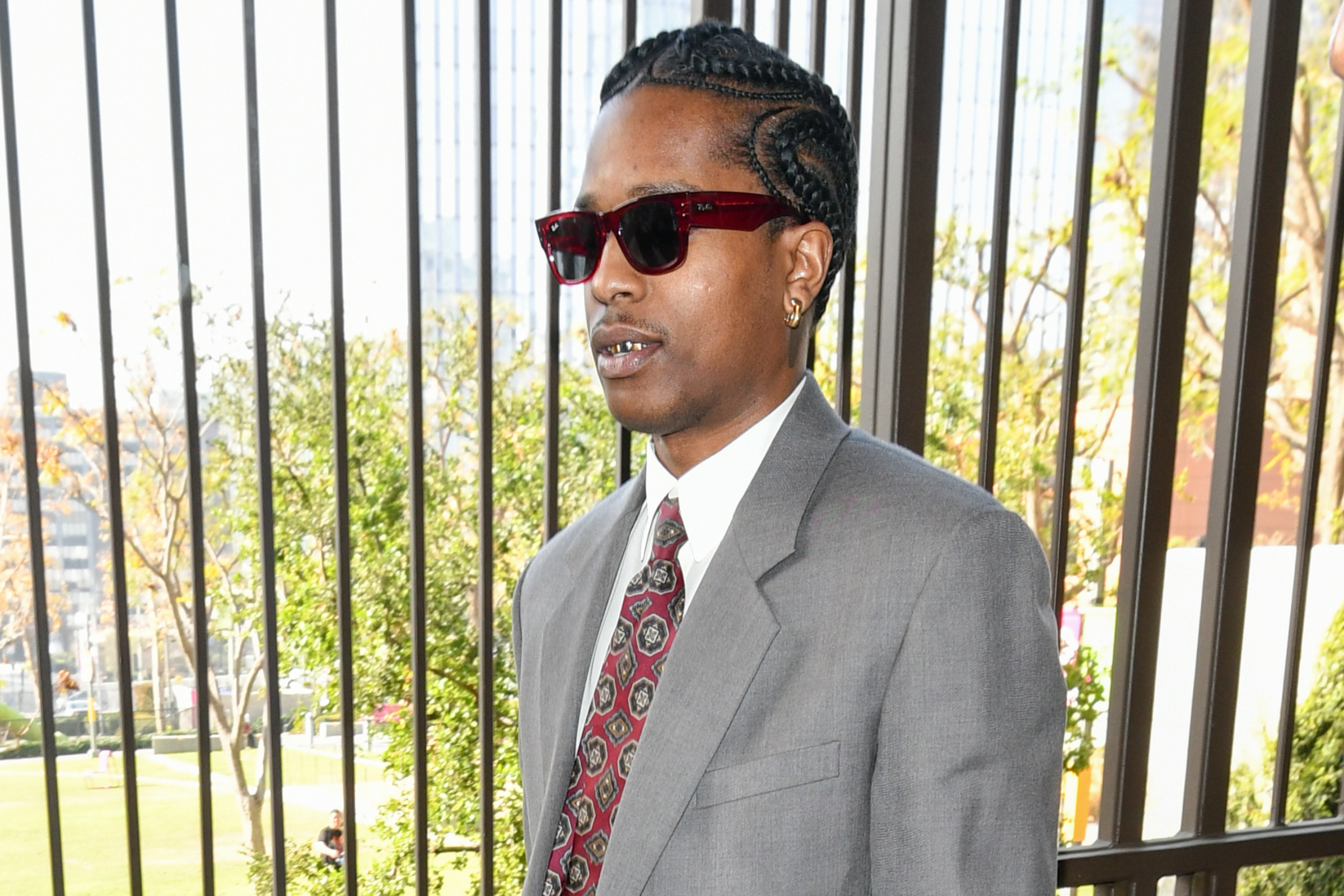Lawmakers in Illinois are renewing efforts to establish permanent daylight saving time (DST) in the state.
Two recently introduced bills seek to end the practice that sees clocks changed twice a year.
Why It Matters
A 2021 poll conducted by the AP-NORC Center for Public Affairs Research revealed that 75 percent of Americans disliked changing the clocks. However, opinions were split on which time should be permanent.
DST involves moving clocks forward by one hour during the warmer months to maximize evening daylight and lessen reliance on artificial lighting. Many countries adopt this practice. In the U.S., DST starts on the second Sunday in March and concludes on the first Sunday in November.

What To Know
President Donald Trump has previously described DST as "inconvenient," and "very costly to our nation."
A pair of near-identical bills, introduced by Representatives Brad Halbrook, a Republican, and Bob Morgan, of the Democratic Party, are seeking to make DST "the year-round standard time of the entire state."
The two bills have moved forward to the Illinois House Rules Committee, local outlet WGN9 reported on Tuesday.
Similar motions to the bills—known as HB 1400 and HB 0039—have previously been filed but were unsuccessful, meaning the outcome of the measures is unclear, per WGN9.
Newsweek has contacted Halbrook and Morgan via email for comment.
The concept of daylight saving time was first federally introduced during World War I with the Standard Time Act of 1918, though this was unpopular, with farmers in particular, and DST was abolished after the war.
The Uniform Time Act of 1966 required states observing daylight saving time to follow a standardized start and end date.
Multiple lawmakers have enacted resolutions advocating for permanent daylight saving time, pending federal approval.
Meanwhile, Arizona and Hawaii already observe standard time year-round, as do the U.S. territories of American Samoa, Guam, the Northern Mariana Islands, Puerto Rico and the Virgin Islands.
What People Are Saying
Trump said in a Truth Social post in December: "The Republican Party will use its best efforts to eliminate daylight saving time, which has a small but strong constituency, but shouldn't!"
Christopher Barnes, a professor in organizational behavior, previously told Newsweek: "DST is disruptive to sleep and circadian rhythms, ultimately harming both well-being and work-related outcomes."
What Happens Next
If authorized, the change could be implemented in March 2026.




















 English (US) ·
English (US) ·